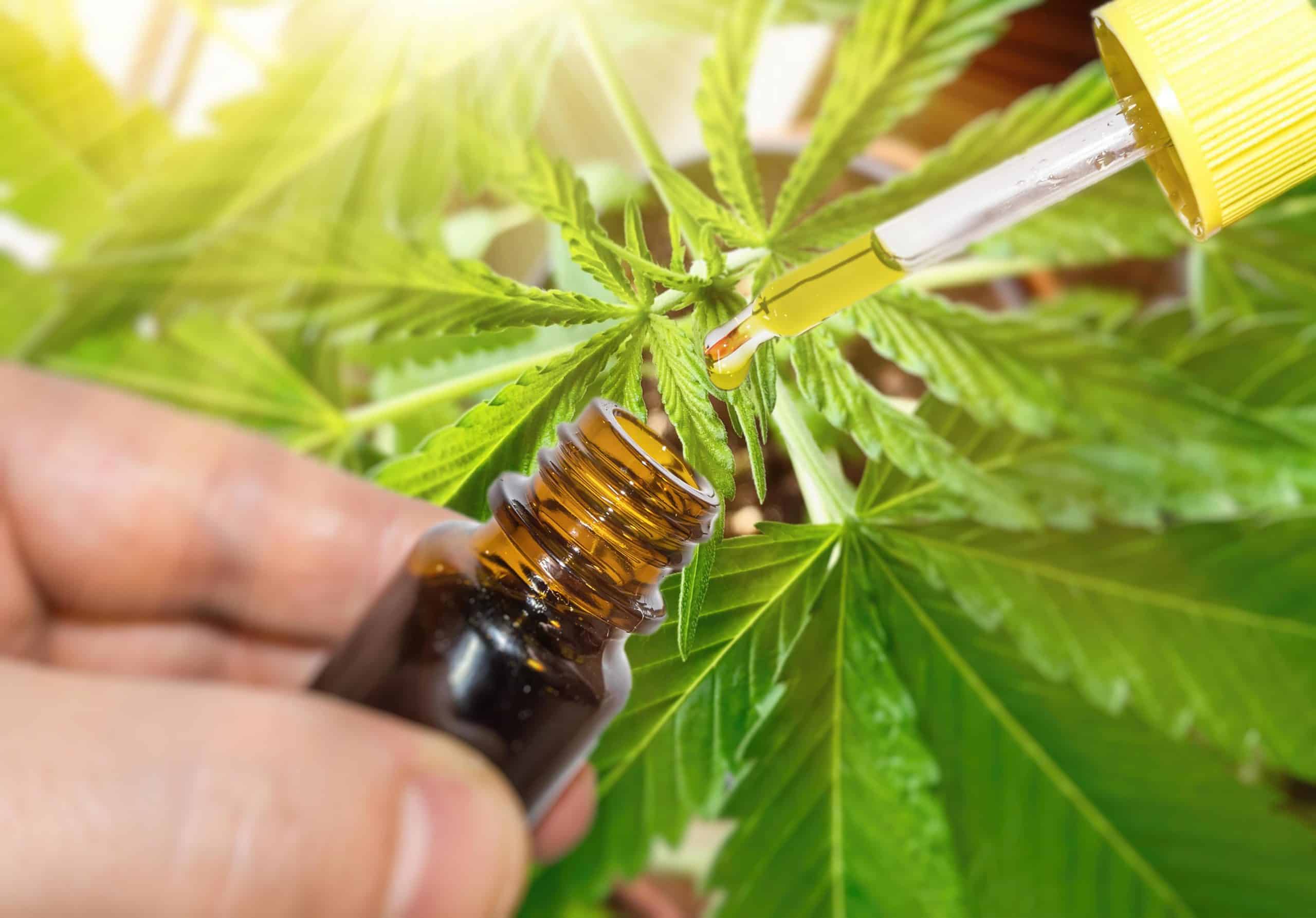

Dogs with varying symptoms and types of anxiety will respond differently to various treatments. However, the most common ones include a combination of behavioral therapy, environmental modification, or medications.
Behavioral therapy is a possible treatment for phobia anxiety of loud noises. It involves teaching the dog new habits to eliminate the fear of the noise. Moreover, environmental modifications may also reduce the stress felt by pets by minimizing the length of time that the pet is left alone, providing exciting and interactive toys, ensuring a comfortable, safe space, and refraining from using punishments.
However, these treatments alone may not suffice for dogs with severe anxiety. In this case, medications such as sedatives, anxiolytics, and antidepressants are prescribed.
Sedatives relax the body, but it does not take away the mental anxiety. Hence, it can further aggravate the anxiety once it wears off. Alternatively, anti-anxiety medications (anxiolytics) are also used. These drugs are specifically designed to relieve anxiety. However, these come with adverse side effects such as abnormal behavior, dull mental state, or hyperexcitability. Antidepressant medication is another choice, but just like anxiolytics, it comes with a long list of side effects, including:
CBD For Dog Anxiety
Cannabidiol (CBD) is the non-psychoactive derivative of the Cannabis sativa plant. It is derived from hemp plants, which contain high levels of CBD (>20%) and low levels of THC (<0.3%). This compound holds a treasure trove of benefits for canines. Aside from relieving seizures, arthritis, lack of appetite, and chronic pain, this hemp-derived compound also targets canine anxiety. As a bonus, CBD does not cause intoxication or psychoactive effects on dogs when consumed. That explains why people ask where to buy cannabis seeds and grow them at home.
It comes as no surprise that CBD’s inherent anxiolytic properties also work for dogs because, akin to humans, canines have two endocannabinoid receptor systems in their bodies – CB1 (cannabinoid receptors in the central nervous system) and CB2 (cannabinoid receptors in the peripheral nervous system). The presence of these receptors allows dogs to reap the benefits of CBD too.
Research suggests that CBD functions like Selective Serotonin Reuptake Inhibitors by stimulating specific serotonin receptors in the brain (known as 5-HT1A receptors) to temporarily block the absorption of serotonin. By doing this, CBD increases the level of serotonin in the brain’s synaptic cleft. Consequently reducing anxiety and improving the dog’s mood.
According to a scientific report of the Journal of the American Holistic Veterinary Medical Association, 371 out of the 631 surveyed participants used CBD-oil treats on their dogs to treat several health conditions, including anxiety. Most pet owners preferred the use of CBD oil-based products because these do not have side effects, nor do these damage the dog’s gastrointestinal tract, kidney, and liver like traditional pharmaceutical medicines do. Organ damage and failure in dogs usually happen after taking too many conventional pharmacological solutions for their condition.
Considerations in Giving CBD Treats
With the latest medical milestones in cannabis, the pet market has also started assimilating the use of medical marijuana – particularly its non-psychoactive content, CBD – in treating health conditions in animals. CBD oils, dog treats, and many more are starting to gain popularity among pet owners because this is a more organic and healthier alternative than conventional pharmaceuticals.
Like in any other medication, it is always vital to administer an accurate dosage to ensure its full effectiveness. However, it can be challenging because the dosage depends on many factors such as;
Pet owners should be responsible and cautious in choosing CBD dog treats that they will give their dogs. Carefully reading the labels and researching the manufacturer can help pet owners make informed decisions about their pets’ medication. Moreover, there are several factors to be weighed when choosing the right treats for canines. Suppose you are looking to buy marijuana seeds in the US. In that case, there are a couple of main things you should take into consideration. You should know that diversity is enormous, and there are so many varieties and options to choose from.
The Content of the Product
Consider buying CBD treats made from organic ingredients to minimize the pet’s exposure to synthetic chemicals. Choose high-quality CBD oils that are derived from organically-grown hemp.
Also, ensure that the THC content of the product is less than 0.3%. Cannabis products with high THC content can be toxic to animals, so be sure to check out the product label for this information.
Pet’s Condition
This has a strong influence on how much CBD should be given to a pet. It is always best to consult with a veterinarian to determine the right dosage for a dog with a specific medical condition. Every health plan is individualized. Because of this, the cannabidiol administration could also be paired with additional medications or therapies.
Size of the Dog
The required dosage of CBD and the number of dog treats given are based on the dog’s weight and size. Naturally, bigger dogs will need a higher dosage, while smaller ones would require a lower dosage. Each product contains guides on how much treats should be given based on the pet’s weight, so be sure to refer to it before administering CBD doses.
Schedule of Administration
Some dog treats have more potent CBD formulation than others. Hence, the schedule of administration will vary from product to product. More potent ones can last in the system for more extended hours, so frequent feeding is not needed. In contrast, products with lower CBD concentrations require a more routine feeding schedule.
Affiliate can only market to states where Novus MedPlan is licensed. Provider and Members can only sign up in states where Novus MedPlan is licensed. Any technical issues please contact info@getnovusnow.com Copyrights © 2024 Novus Acquisition & Dev. All rights reserved
